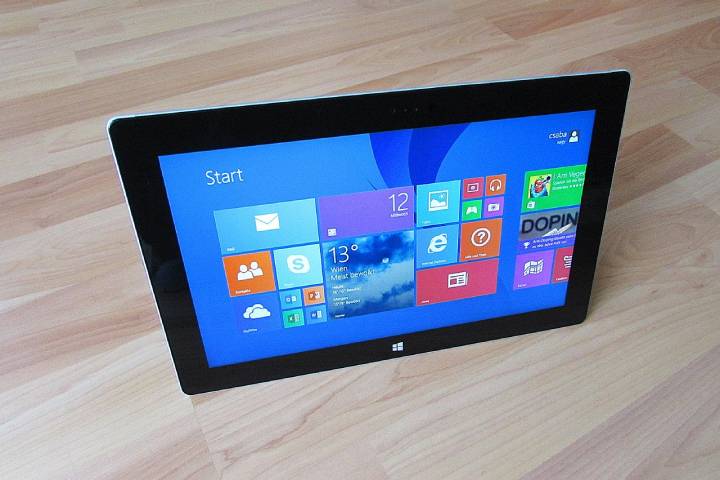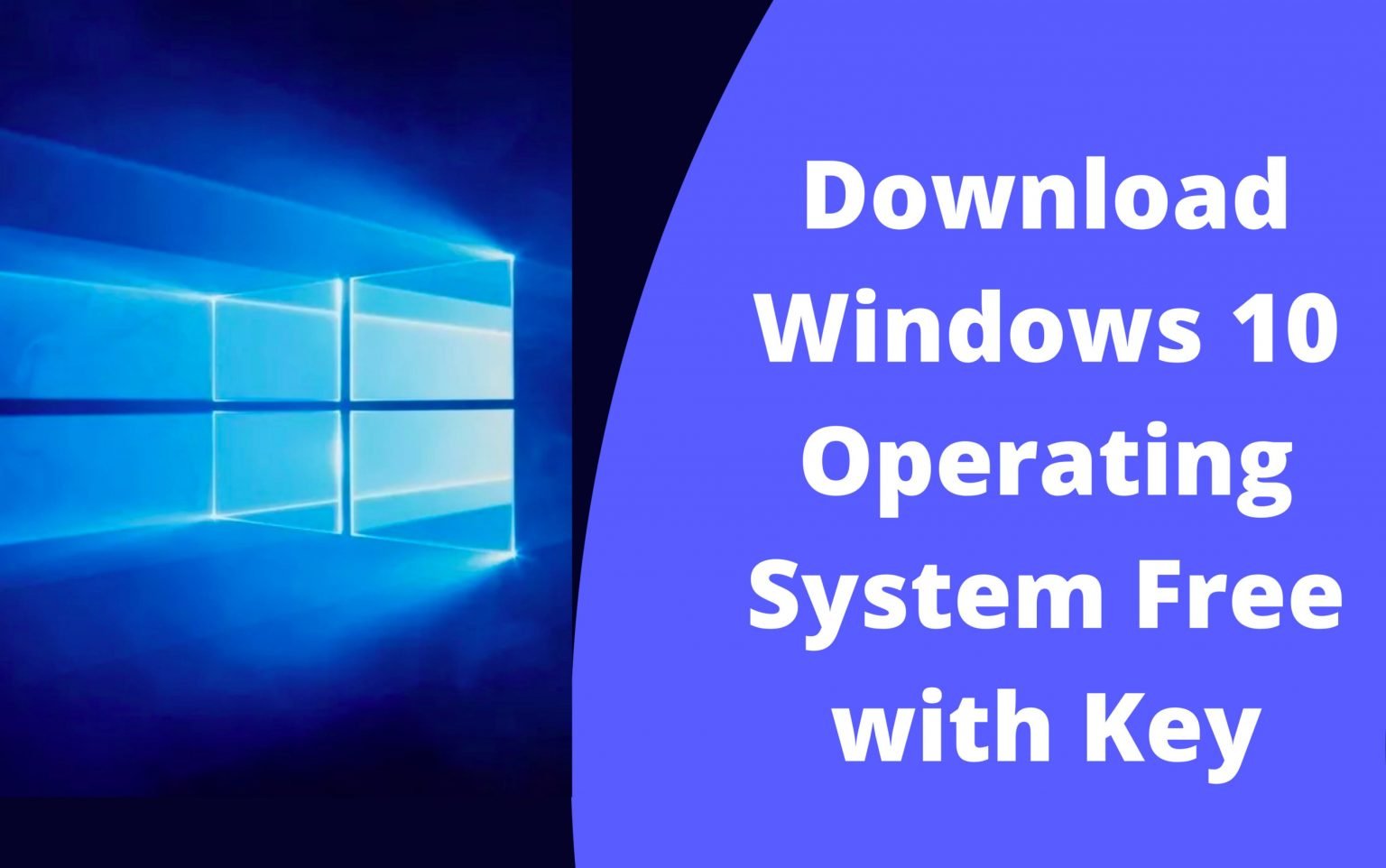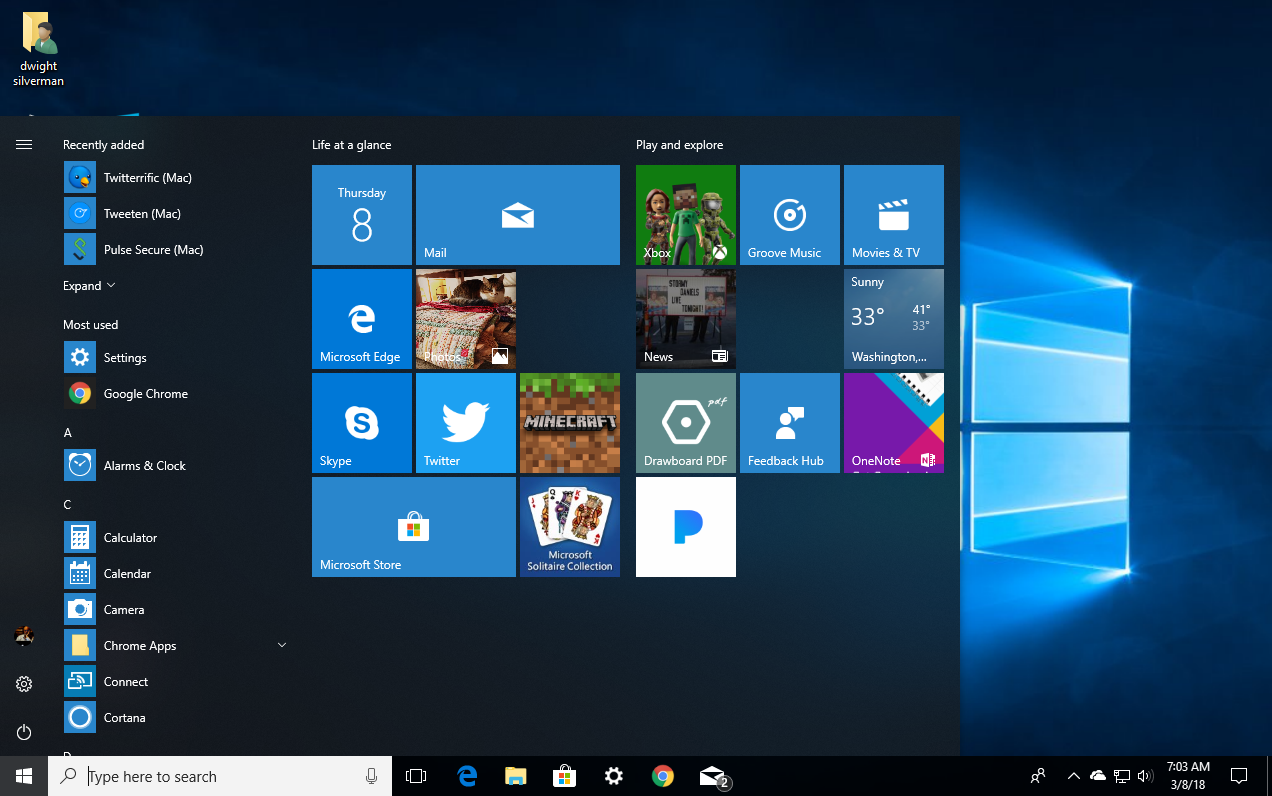

This is, as Microsoft says, the most powerful Windows yet. (Image credit: HP) Windows 10 Pro for WorkstationsĪs the name suggests this is Windows 10 Pro at its core but rather than being built for all work scenarios this is specifically tailored to high-end hardware. It is a free upgrade from the Pro versions of Windows 7 and 8.1 (which includes Windows 7 Ultimate as well as Professional, and Windows 8.1 Pro and Pro for Students), you'll be able to upgrade to it from Windows 10 Home, and some desktops and notebooks designed for business will come with Windows 10 Pro.


There are ways of connecting Windows Home PCs to a server, but if you want the familiar business PC experience, Windows 10 Pro is what you need. Pro users can get updates from Windows Update for Business, which includes options for scheduling updates so they don't reboot PCs at important business times. You also get Hyper-V for virtualisation, BitLocker whole disk encryption, enterprise mode Internet Explorer, Remote Desktop, a version of the Windows Store for your own business, Enterprise Data Protection containers and assigned access (which locks a PC to running only one modern application, to use like a kiosk). If you're curious about what's new in Windows 11, check out our update tracker to know all about the latest updates.If you use your PC for business, Windows 10 Pro has extra features over Windows 10 Home – the most important of which is being able to join a domain, including Azure Active Directory for single sign-on to cloud services (and have group policy applied as part of that). Check out our guide on upgrading to Windows 11 Pro if you need any help.

If you have a PC with Windows 11 Home and you need Pro though, you can always upgrade. The odds are if you need Windows 11 Pro, you already know you need it and why. For the average person walking into a store, you're probably going to be just fine with Windows 11 Home. Some are designed to protect especially sensitive information, while others have to do with quickly setting up devices for users and managing them remotely. As we've mentioned, most of them revolve around features meant for business users. These are the core differences in Windows 11 Home vs Pro editions. Microsoft is actually retiring the Microsoft Store for Business altogether and replacing it with a new management experience using Microsoft Intune and the Windows Package Manager. In Windows 10, there was also the Microsoft Store for Business, but Windows 11 is going to use a different approach.


 0 kommentar(er)
0 kommentar(er)
